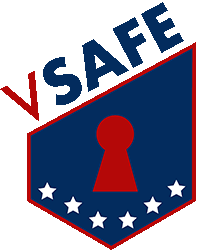You should be aware of these schemes in case someone asks you to participate, or in case you see fraudulent activity. Indicators of potential fraud include the following:
- Commercial insurance advertising low rates, offering insurance when you have pre-existing conditions, or offering extremely attractive insurance deals.
- Trick you into buying an annuity and other products where you end up paying more than the benefit.
- Persons without legal authority from the Insured Veteran or VA Fiduciary Services attempting to gain information about your VA insurance policy.
- Examples of fraudulent actions or attempts by a bad actor who is trying to get access to life insurance proceeds that they are not entitled to.
- A Veteran’s beneficiary designation is updated without their knowledge.
- Improper claimant or agent alleging entitlement to insurance proceeds.
- Claim funds are disbursed to a fraudulent payee.
Tips to Avoid Scams
Do’s
- If you get an inquiry from someone who says they represent a company or government agency, hang up and call the phone number on your account statement or the company’s or government agency’s website to verify the authenticity of the request. You will usually get a written statement in the mail before you get a phone call from a legitimate source, particularly if the caller is asking for a payment.
- Confirm you are working with a VA-accredited individual(s) authorized to assist with benefits claims.
Don’ts
- Do not share personal identifiable information (PII) or consult with persons who do not have appropriate authority to inquire about the VA Insurance policy.
- Do not believe the get rich quick schemes with guaranteed large benefit awards where they want you to act quickly and guarantee instant/winning results.





